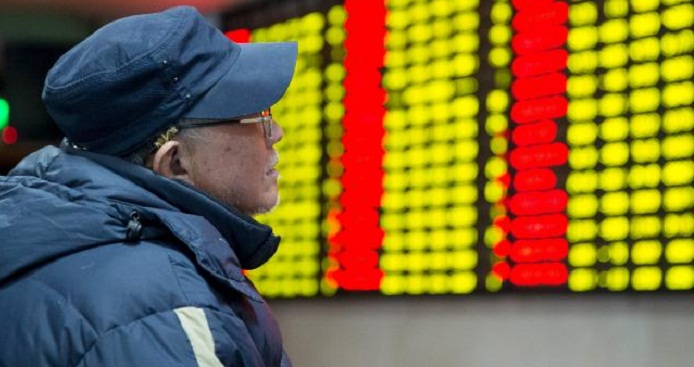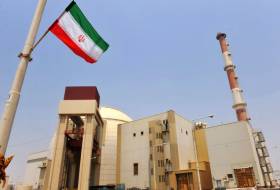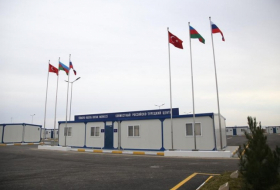Sound familiar? America did it for years, spurring people to buy homes, cars and just about everything else on credit. The debt gorging led to the financial crisis of 2008 and the Great Recession.
Prominent investors like hedge fund mogul Jim Chanos are warning that China is playing with fire.
New loans in China hit a record level in January, according to data released this week.
Lending always jumps at the start of the year because the government typically increases quotas for state-owned banks. But this January`s surge was way higher than the usual seasonal bump, and followed several months of big loan increases.
It`s a mixed blessing for China. If sustained, it should help growth in the coming months. But as loans skyrocket, so does something else: the risk of defaults.
"If new financing remains elevated, it will raise already substantial concerns about China`s debt levels," noted Brian Jackson, China economist at IHS Global Insight.
Bad loans -- known in the financial world as "non-performing loans" -- jumped over 50% from December 2014 to December 2015. It`s a big increase, especially in a country that isn`t always trusted for giving out the real statistics.
"Rising non-performing loans in China`s banks are the direct result of an unprecedented 5-year debt binge and a slowing economy," wrote consulting firm PwC in a special report last year.
There are two legitimate concerns about China`s debt boom: the first is how fast it`s growing. The second is whether China`s banks are healthy enough to handle a wave of defaults.
"The debt is still growing two to three times the economy every year," warned hedge fund manager Chanos in September.
At some point, the bills come due. As China`s economy slows, fears are rising that people and businesses won`t be able to pay, which is why the default rate will become a key statistic.
As the United States learned in 2008, when defaults spike, banks aren`t always ready to deal with it.
"Nobody knows how bad and how weak Chinese banks are because no one knows the quality of the loan books," says Gordan Chang, a lawyer and author of "The Coming Collapse of China."
Many banks around the world, especially in the United States, have been beefing up their cash reserves to prevent another financial crisis, but it`s not clear if China has been doing the same.
Beijing has been gradually rolling back the implicit guarantees that underpin China`s financial system. In 2014, investors were given a fright when a small solar power firm was allowed to miss a payment, becoming the first Chinese company to default. There have been a few small defaults since then.
Still, analysts believe the Chinese government would likely intervene to prevent the collapse of systemically important banks or companies.
Beijing has huge stockpiles of cash, and government debt -- at about 43% of GDP -- is still relatively low by global standards.
More about:
















































